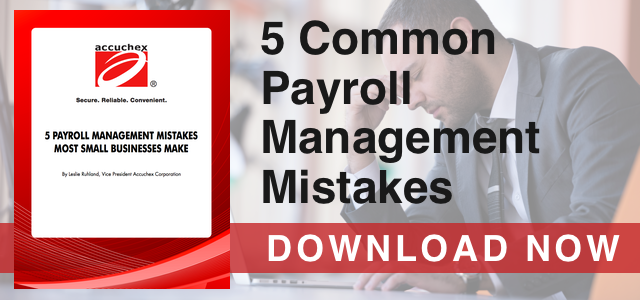California labor laws tend to favor employee lawsuits while employers find themselves increasingly limited by regulations.

Many states, including California, have laws prohibiting employers from taking any job-related action against a worker based on that worker’s lawful conduct off the job.
And while that can sometimes put an employer in a difficult position with a "problem" employee, an employer’s right to monitor what employees do on their own time - and make decisions based on that conduct - is quite limited, especially in California.
Employees of government and public entities have a constitutional right to privacy that protects them from most employer monitoring and from an employer inquiring about their off-the-job conduct. For that reason, public employees are largely protected from monitoring.
A number of federal and state laws prohibit employers from acting on information about employee's personal lives outside of work.
For example, under the National Labor Relations Act, it’s illegal for an employer to monitor or conduct surveillance of employee union activities, including off-the-job meetings or gatherings. Employers are likewise barred from taking any action against an employee who uses medical marijuana, which is legal under state law in California although not by federal law.
However, a 2008 California Supreme court ruling in Ross v. RagingWire determined that an employer does not have to hire a job applicant who tested positive for marijuana even if the use is allowed under California law.
Overall, this decision confirms that an employer’s interest in conducting pre-employment drug screening overrides any privacy interest that a job applicant may have in off-duty use of marijuana, even if the marijuana use is permitted by the Compassionate Use Act
Generally speaking, employers are entitled to take action after learning of an employee’s conviction for illegal activity outside of work hours. However, the employers still the burden of demonstrating that the decision or policy is job-related and consistent with their business operations.
For example, an employer would be entitled to look into the drunk driving arrest of a company delivery driver, or the conviction of an investment broker who embezzled money in another capacity.
Employee Lawsuits Tend to Inhibit Any Employer Over-Reach
Some might think employers are looking to punish employees for after-hours activity. But that’s not the reality in California, for example.
“It’s just the opposite here because of the way the laws are in California,” said Rob Lapsley, president of the California Business Roundtable (CBR).
“Employers tread very, very carefully on anything dealing with employees and any potential exposure to wrongdoing. The laws are so slanted toward litigation with trial attorneys, so it would have to be a very grievous issue that would directly impact the company or the reputation of the company.”
For example, according to a report released from specialist business insurer Hiscox, businesses in 12 states are at least 15% more likely to be the subject of an employee lawsuit than the national average of an 11.7% chance. Among the top five are New Mexico (+66% more likely), the District of Columbia (+65%), Nevada (+47%); Alabama (+41%); and California (+40%);
And CBR's president Rob Lapsley said California is the top state in the nation for class-action lawsuits.
“People come from other states to file here,” he said. “We are a state that has incredible litigation costs for employers.”
In addition to these, Lapsley said that Private Attorneys General Act (PAGA) claims are increasing, as well.
“This whole litigation piece has become a crisis,” he said. “Companies are getting sued for wrong information on employee pay stubs — even if it was a mistake. A pay stub might have the wrong number of hours worked or it may not have the employee’s name written correctly. Employees are successfully suing for things like this.”
Balancing the Needs of Businesses with Privacy
Another key step in maintaining HR compliance and increasing your company's cost-effectiveness is to consider outsourcing. A professional payroll management and workforce solutions provider such as Accuchex can offer much-needed help with Human Resources needs and questions.
If you are looking for reliable help with maintaining HR compliance, we can help. If you are looking for additional help with your HR processes such as payroll management, you can also click on this link to get your Free Download: Payroll Outsourcing Guide to help you make an informed decision, or call Accuchex Payroll Management Services at 877-422-2824.


